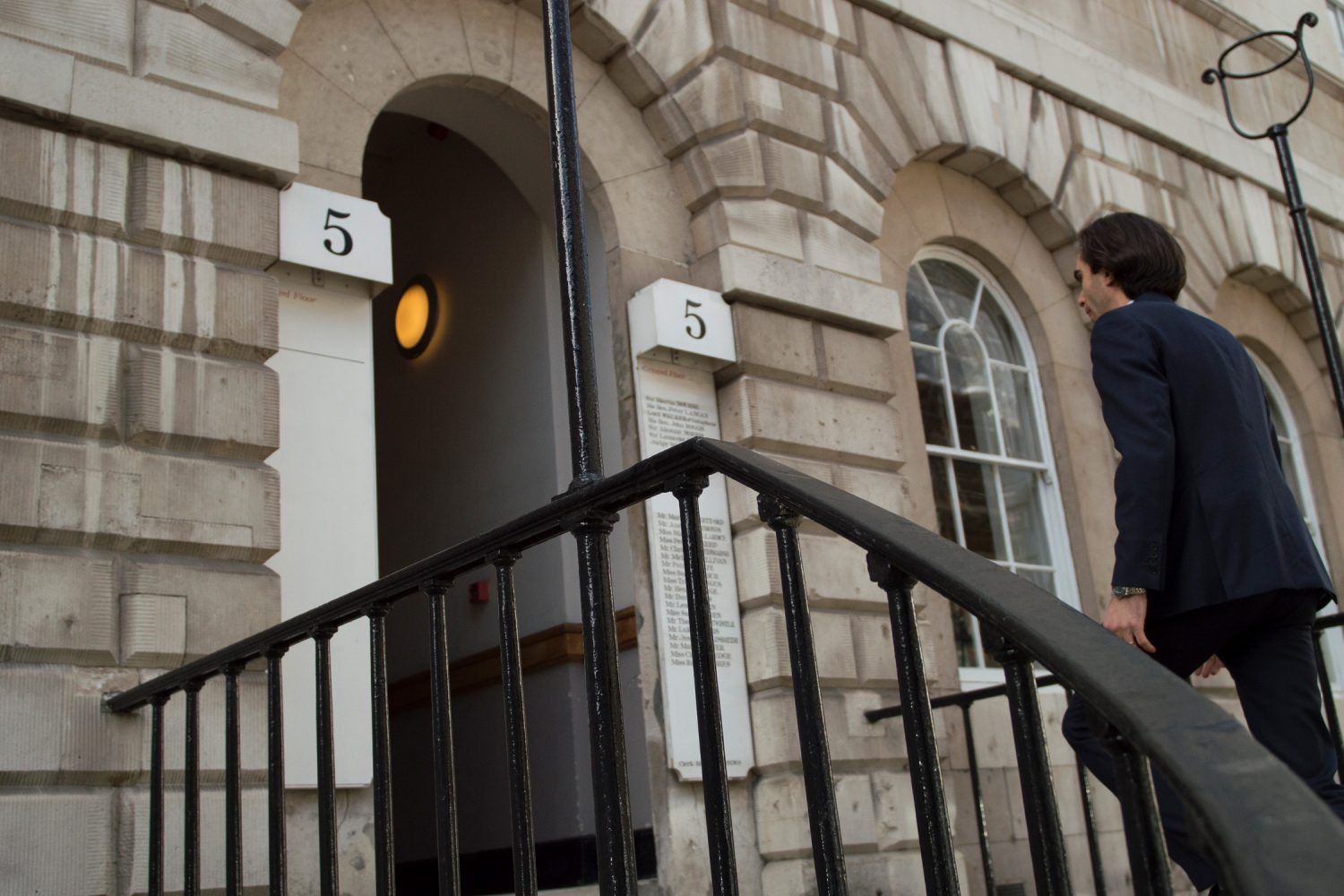Court of Appeal redefines who may challenge Will: Mark Baxter appears
The Court of Appeal has given judgment in Mark Baxter’s contentious probate case Randall v Randall, defining and widening significantly the class of persons who have standing to bring a claim to challenge the validity of a Will.
The case concerned what amounts to an interest “in the estate” of the deceased, which interest of both the claimant and the defendant CPR, r.57.7(1) requires to be set out in the claim form.
The deceased was the claimant’s former mother-in-law and the defendant was his ex-wife (her daughter): the interest claimed by him was an undertaking by the defendant in a Consent Order in their divorce proceedings to pay him a lump sum equal to 50% of the amount of any inheritance received by her from her mother over £100,000. Thus, he was a creditor of a beneficiary. The Will he challenged limited the defendant’s inheritance to £100,000, but on the claimant’s pleaded case if the Will was invalid the Deceased would have died intestate and the defendant would have been entitled to the whole estate of approximately £250,000.
Mark was successful at first instance, a decision that attracted widespread attention and set out a test that probably accorded with the view traditionally held by those practicing in this area that only those entitled (on their pleaded case) to administer the estate or share in the distribution of it have ‘an interest in the estate’ of the type required by the substantive law and described at CPR, r.57.7: Randall v Randall [2014] EWHC 3134 (Ch). Although there were recent conflicting High Court decisions on whether a person with a claim under the Inheritance (Provision for Family and Dependants) Act 1975 had ‘an interest in the estate’, there was no binding authority on the point in question, and all other cases touching on it were at least 100 years old.
A strong Court of Appeal, consisting of Lord Dyson (the Master of the Rolls) McCombe LJ, and King LJ, took a different view. Seemingly much influenced by an Irish decision from 1893 not cited in Tristram & Coote as authority since the 14th edition in 1906 and the perceived requirements of “justice in the general sense” the Court of Appeal defined an ‘interest in the estate’ as a mere procedural requirement of the CPR and – adopting the reasoning of HHJ Mackie QC in O’Brien v Seagrave [2007] EWHC 788 (Ch) (considering the position of a 1975 Act claimant) (paragraph 24 of the judgment) – as one that required the claimant to demonstrate only a “clear and accepted financial interest in the outcome” or a “real interest in challenging the validity of the will” (paragraph 29 of the judgment).
As a result, the test for standing to challenge a Will is significantly less stringent than might have been considered to be the case, and the class of persons who will pass the threshold considerably wider. In particular, not only will 1975 Act claimants qualify, but it appears so will any creditor of any beneficiary or potential beneficiary whose inheritance will be increased on a successful challenge, as such person will have a financial interest in their debtor being as wealthy as possible so that they may have the best possible prospects of enforcing their debt.




